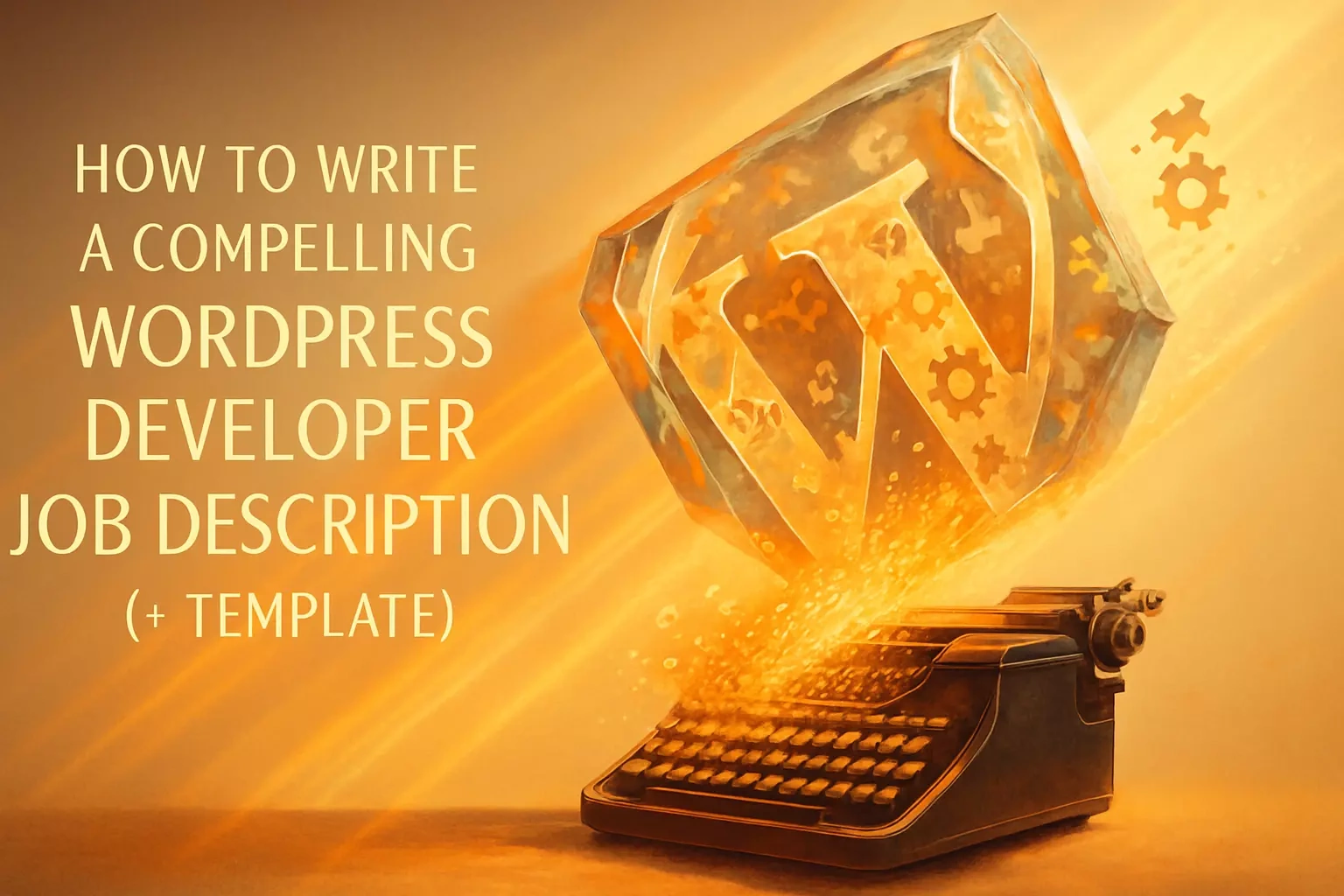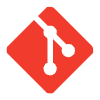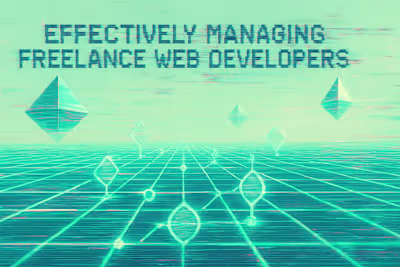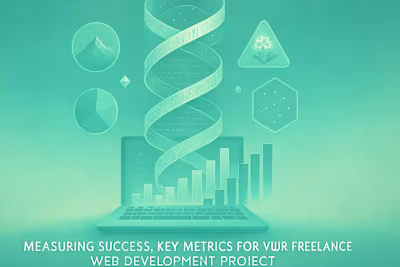How to Write a Compelling WordPress Developer Job Description (+ Template)

How to Write a Compelling WordPress Developer Job Description (+ Template)
The Anatomy of an Effective Job Description
Job Title: Be Specific and Clear
Company Overview: Sell Your Vision
Job Summary: The Role in a Nutshell
Defining Key Responsibilities and Duties
Developing and Customizing Themes and Plugins
Website Performance and Security Management
Collaboration and Communication
Troubleshooting and Debugging
Specifying Required Skills and Qualifications
Technical Skills (The Must-Haves)
WordPress-Specific Expertise
Soft Skills (The Difference-Makers)
Experience and Education (Preferred Qualifications)
WordPress Developer Job Description Template
[Your Company Name] is Hiring a [Job Title]
About Us
Responsibilities
Required Skills & Qualifications
Preferred Qualifications
References
How to Write a Compelling WordPress Developer Job Description (+ Template)
The Anatomy of an Effective Job Description
Job Title: Be Specific and Clear
Company Overview: Sell Your Vision
Job Summary: The Role in a Nutshell
Defining Key Responsibilities and Duties
Developing and Customizing Themes and Plugins
Website Performance and Security Management
Collaboration and Communication
Troubleshooting and Debugging
Specifying Required Skills and Qualifications
Technical Skills (The Must-Haves)
WordPress-Specific Expertise
Soft Skills (The Difference-Makers)
Experience and Education (Preferred Qualifications)
WordPress Developer Job Description Template
[Your Company Name] is Hiring a [Job Title]
About Us
Responsibilities
Required Skills & Qualifications
Preferred Qualifications
References
Posted Jun 15, 2025
Attract top WordPress talent with our guide on writing a compelling job description. Includes a customizable template and examples to help you hire the best.










